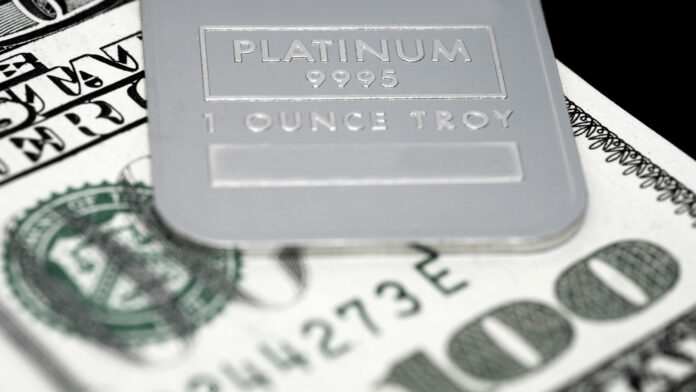
THARISA may revise the capital cost on its $250m Karo Platinum Project in Zimbabwe as “inflationary increases are there”, said the firm’s Michelle Taylor, COO for the chrome and platinum group metals (PGM) producer.
“From a costing point of view – the capital cost – we are looking at those numbers in some detail,” said Taylor at the firm’s interim results announcement in which it reported a 52.8% year-on-year increase in share earnings of 32.7 US cents.
“Inflationary increases are there and so we are evaluating what that capital cost looks like and what the increases may be and we will,” said Taylor. “We will communicate in far more detail by the end of the third quarter. We will also detail the funding which we are currently working on.”
In March, Tharisa announced it had taken control of Karo Mining Holdings which controls the project. Karo Platinum Project is scoped to produce 150,000 ounces a year in PGM concentrate, effectively doubling Tharisa’s PGM footprint when complete – about 24 months after the start of construction.
Inflation was a factor in Tharisa’s operational performance for the period ended March. PGM and chrome production were a fifth and about 6% higher respectively, but overall on-mine cash costs per ton milled of $48 represented an increase of 16.6% year-on-year.
The culprits were diesel, the cost of which were 49% higher, explosives (+110%) and electricity (+15%). In addition, shipping capacity constraints drove average sea freight rates up about 102%.
Michael Jones, Tharisa CFO, said that assuming the worst of the cost pressures, especially the hike in diesel, were now behind the company, the annualised cost increase this year would be about 8%.
Helpfully, PGM prices remain robust and there has been a spectacular improvement in chrome pricing which would assist the company in the second half of the year. The metallurgical chrome price averaged $296/t between January and March compared to a year-end price of $165 to $175/t, said Taylor.
“With inflationary pressures expected to persist in the near-term, and continued logistical challenges, we expect elevated costs for H2/F22 as well,” said Raj Ray, an analyst for BMO Capital Markets.
Yet chrome production – accounting for a third of group revenue in the interim period – could “significantly lower the impact of costs and increase margins”, he said. Chrome production is forecast to increase in the second half owing to the ramp up in the newly commissioned Vulcan plant, expected to reach about 82% of design capacity.
Raj said there was “early indications” of a material increase in chrome prices driven by low port inventories.
Tharisa reported headline interim share earnings of 15.5 cents/share – a 29.2% year-on-year decline owing to the way the company accounted for its increased stake in Karo.









